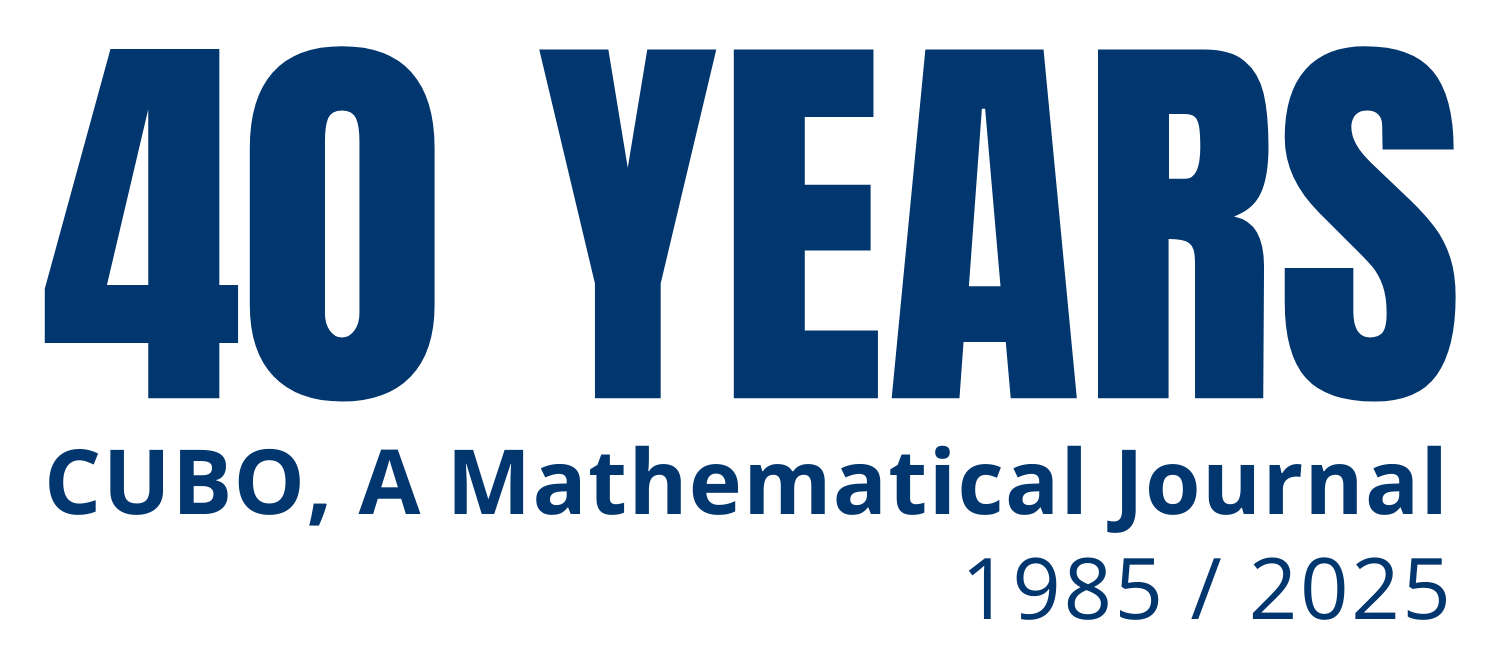Sym´etries en Dimension Trois: Une Approche Quantique
-
Nafaa Chbili
 nafaa.chbili@esstt.rnu.tn
nafaa.chbili@esstt.rnu.tn
Downloads
Abstract
One of the most intriguing problems in topology is the question of whether a given manifold is symmetric, i.e. whether there is a finite cyclic group that acts on it. This question has its origins in a number of interrelated facts. The problem of group action has been subject of extensive literature, where different kinds of classical techniques have been used to shed some lights on this subject. The recent years have seen many new invariants introduced to low dimensional topology. The discovery of these invariants is considered as a revolution in the theory of knots and three-manifolds. The main goal of our research is to use this kind of invariants to study the problem of group action on 3-manifolds. In the case of knots and links we use the new invariants to find necessary conditions for a knot to be freely periodic. We apply our criteria successfully to the 84 knot with less than 9 crossings.
Let ð‘› be an integer and M a compact oriented 3-manifold, M is said to be ð‘›-periodic if the cyclic group of order ð‘› acts semi-freely on M with a circle as the set of fixed points. We study the quantum invariants (Su(2) and Su(3)) of ð‘›-periodic manifolds (ð‘› is an odd prime) and show how these invariants reflect the periodicity of the considered manifold. The criteria we established enabled us to prove that the Poincar´e sphere is not ð‘›-periodic for some values of ð‘›.













